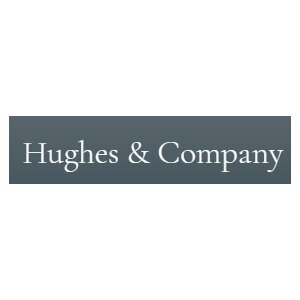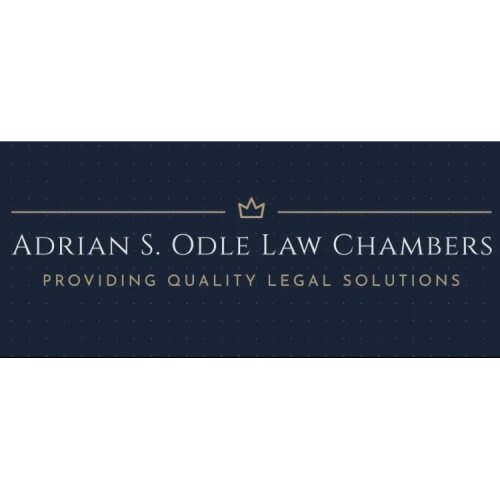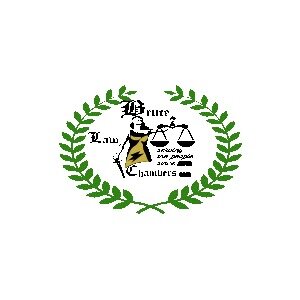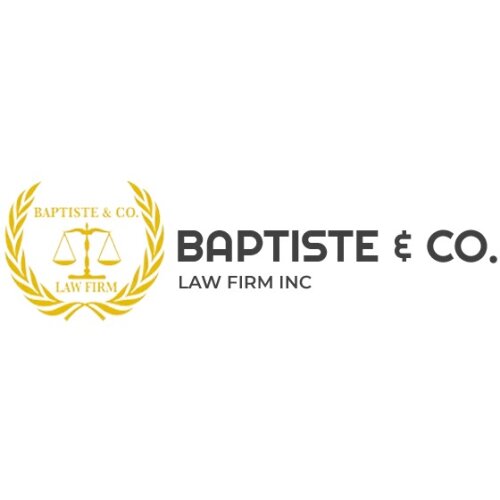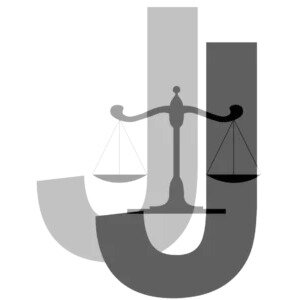Best Foreclosure Lawyers in Kingstown
Share your needs with us, get contacted by law firms.
Free. Takes 2 min.
Free Guide to Hiring a Real Estate Lawyer
List of the best lawyers in Kingstown, Saint Vincent and the Grenadines
About Foreclosure Law in Kingstown, Saint Vincent and the Grenadines
Foreclosure law in Kingstown, Saint Vincent and the Grenadines, revolves around the legal process in which a lender seeks to recover the balance of a loan from a borrower who has stopped making payments. This often involves the sale of the asset used as collateral for the loan, typically the borrower's property. The foreclosure process can be complex and varies based on the type of loan and the issued terms. Understanding local regulations and navigating the legal landscape is crucial for anyone facing foreclosure.
Why You May Need a Lawyer
Having legal representation can be invaluable in several situations related to foreclosure. Primarily, if you are facing the risk of losing your home and need help understanding your rights and exploring potential alternatives, a lawyer can provide crucial guidance. Lawyers can assist with negotiating more favorable loan terms, challenging improper foreclosure proceedings, and ensuring that all foreclosure processes are conducted legally. Additionally, legal assistance can be important when disputes arise over the terms of a loan or the procedure followed by lenders.
Local Laws Overview
In Saint Vincent and the Grenadines, foreclosure typically follows judicial proceedings, meaning the lender must file a lawsuit to foreclose on a property. The local laws require a legal process to be conducted in a fair and transparent manner. Important factors include providing adequate notice to borrowers, opportunities for foreclosure prevention through mediation or repayment plans, and ensuring the sale of the property in a fair and open manner. Understanding these key elements is crucial for borrowers to protect their rights.
Frequently Asked Questions
What is foreclosure?
Foreclosure is a legal process where a lender attempts to recover the amount owed on a defaulted loan by taking control of and selling the mortgaged property.
How does the foreclosure process begin?
The process typically begins when the borrower fails to make loan payments, prompting the lender to issue a notice of default and initiate legal proceedings.
Can I stop the foreclosure process?
Yes, options to stop foreclosure include loan modifications, negotiating repayment plans, refinancing, or invoking legal defenses if applicable.
What should I do if I receive a foreclosure notice?
It's essential to contact your lender immediately to discuss options. Consider consulting with a legal professional to understand your rights and potential defenses.
How long does the foreclosure process take?
The duration can vary widely, but it typically takes several months to a year or more, depending on court schedules and the specifics of the case.
Can I sell my property during foreclosure?
Yes, but you will need to ensure the sale price covers the outstanding loan balance and associated legal fees unless otherwise negotiated with the lender.
What expenses might I incur during foreclosure?
Expenses can include legal fees, court costs, and additional fees or penalties imposed by the lender.
What happens to my property after foreclosure?
After foreclosure, the property is usually sold at public auction. If the property does not sell, the lender may take possession and sell it privately.
What is a deficiency judgment?
A deficiency judgment occurs when the sale of the foreclosed property doesn't cover the full loan balance. The lender may sue to recover the remaining amount.
Is it possible to get my property back after foreclosure?
In most cases, once the foreclosure sale is final, it's very challenging to reclaim the property unless the sale is invalidated due to legal reasons.
Additional Resources
For those seeking assistance, consider reaching out to the Financial Services Authority in Saint Vincent and the Grenadines, legal aid organizations, or local real estate attorneys specializing in foreclosure. These resources can provide guidance, support, and potentially legal representation, depending on your circumstances.
Next Steps
If you are facing foreclosure and need legal assistance, it's crucial to act quickly. Start by gathering all relevant documents related to your mortgage and any communications from your lender. Consult with a qualified legal professional who can offer a detailed analysis of your situation and guide you through possible solutions. Timely intervention can significantly influence the outcomes, so seeking help sooner rather than later is always advisable.
Lawzana helps you find the best lawyers and law firms in Kingstown through a curated and pre-screened list of qualified legal professionals. Our platform offers rankings and detailed profiles of attorneys and law firms, allowing you to compare based on practice areas, including Foreclosure, experience, and client feedback.
Each profile includes a description of the firm's areas of practice, client reviews, team members and partners, year of establishment, spoken languages, office locations, contact information, social media presence, and any published articles or resources. Most firms on our platform speak English and are experienced in both local and international legal matters.
Get a quote from top-rated law firms in Kingstown, Saint Vincent and the Grenadines — quickly, securely, and without unnecessary hassle.
Disclaimer:
The information provided on this page is for general informational purposes only and does not constitute legal advice. While we strive to ensure the accuracy and relevance of the content, legal information may change over time, and interpretations of the law can vary. You should always consult with a qualified legal professional for advice specific to your situation.
We disclaim all liability for actions taken or not taken based on the content of this page. If you believe any information is incorrect or outdated, please contact us, and we will review and update it where appropriate.



